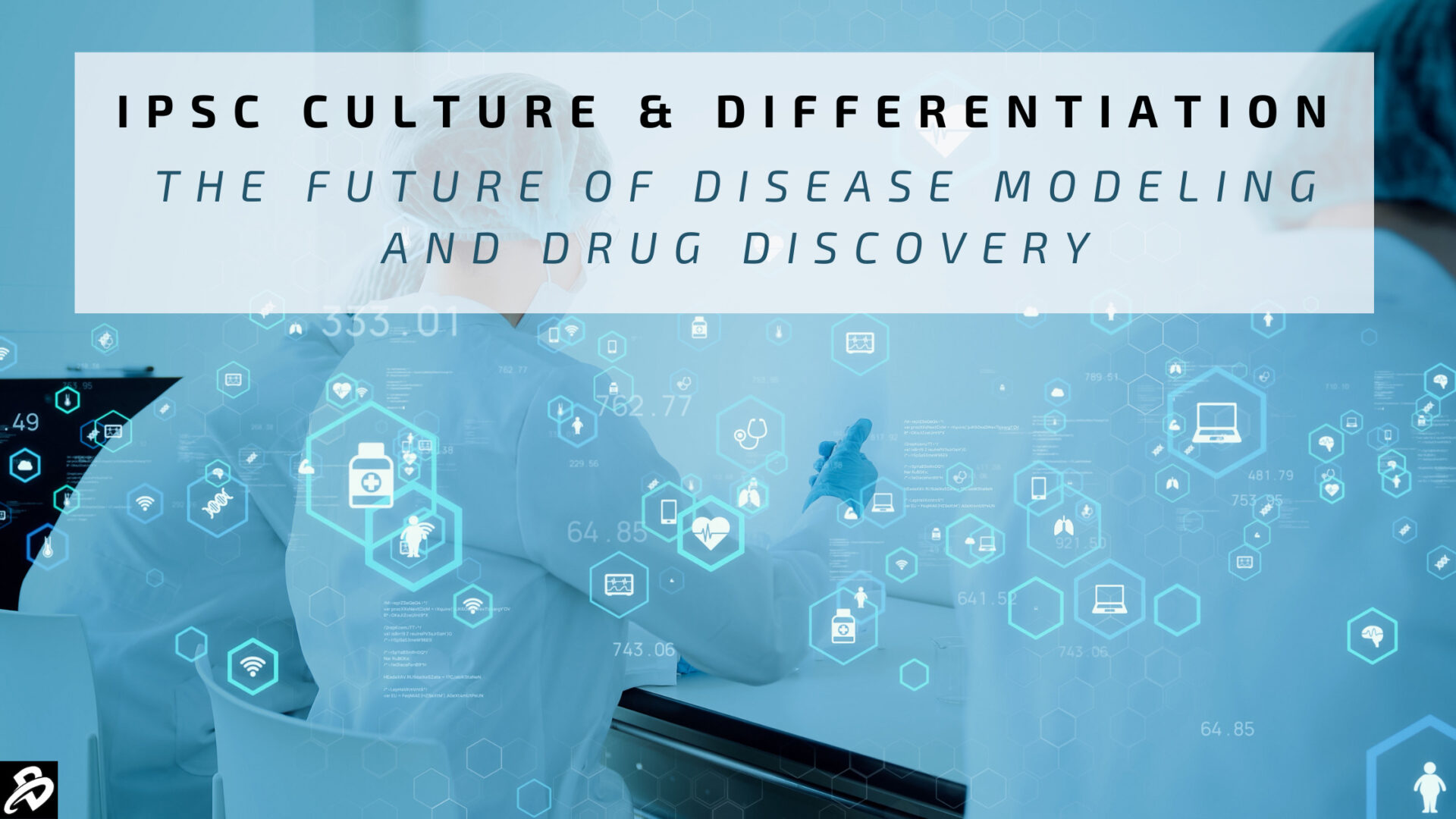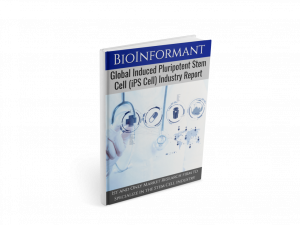|
|
The generation of induced pluripotent stem cells (iPSCs) involves technologies such as reprogramming, culturing of iPS cells, differentiation of cell types from iPSCs, cell analysis, cell engineering, and beyond. Although several firms are engaged in providing iPSC tools and technologies—such as reprogramming vectors, transfection kits, maintenance and differentiation media, immunocytochemistry, and live staining kits—it is still difficult for researchers to produce required quantities of iPSCs.
Because of this, many researchers prefer to outsource reprogramming or acquire commercial iPSC-derived cell types from companies such as FUJIFILM CDI, Ncardia, Axol Bioscience, ReproCELL, Evotec, and others.
iPSC Cultures
iPSC cultures are often grown in 2D cell culture plates, dishes, or flasks. Unfortunately, 2D cell cultures induce the formation of undesired gradients, including media components, metabolic waste products, paracrine factors, and gases. Consequently, 2D iPSC culture techniques necessitate daily media changes, which is quite cumbersome.
To produce large quantities of cells, ‘scale-out’ of the 2D approach is often resorted to by multiplying culture dishes or by using multi-layered flasks. However, recently launched small benchtop 3D suspension bioreactor systems, such as ABLE® Biott®’s bioreactors, can ‘scale-up’ without ‘scale out’. Such systems can provide mass stem cell culture with fewer plates and culture media, without the need for external matrix supplementation and frequent feeding.
Differentiation of iPSCs into Mature Cell Types
Once the iPSCs are created, they are directed to differentiate into the tissue cells of interest, resulting in iPSC-derived mature cell types. Companies such as FUJIFILM CDI, Ncardia, Evotec, and others have invested significantly in developing and optimizing the reprogramming process of iPSC to enable the generation of industrial quantities of differentiated tissue cells that can recapitulate relevant donor disease biology in the laboratory.
The ready availability of adequate quantities of cryopreserved iPSC-derived cell aliquots is already significantly impacting drug discovery, with an expectation that it will reduce the risk of late-stage attrition during drug development. Commercial suppliers are mainly focusing on cardiac cells, hepatic cells, neuronal cells, and pancreatic cells. Cell analysis involves the use of flow cytometry.
Cell sorting is also required soon after somatic cell reprogramming to separate the reprogrammed cells from partly reprogrammed cells. For example, BD offers its BD Stemflow Human iPSC Sorting and Analysis Kit. The kit contains pre-titrated antibodies for the identification of iPSCs, instrument set up reagents, isotype controls and a protocol for consistent results.
Are you working with iPSCs? If so, share your experiences and approaches in comments below.



















Tell Us What You Think!